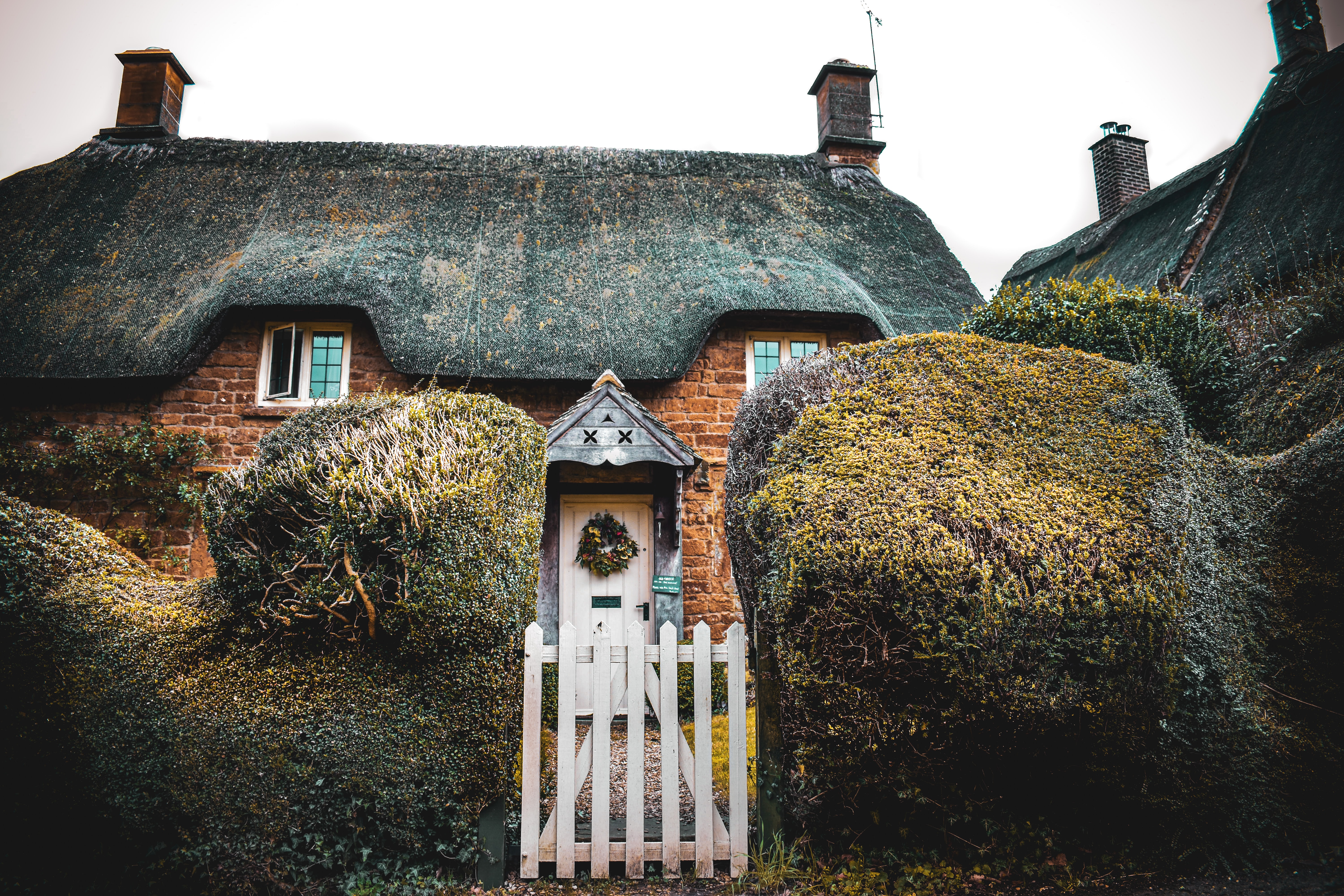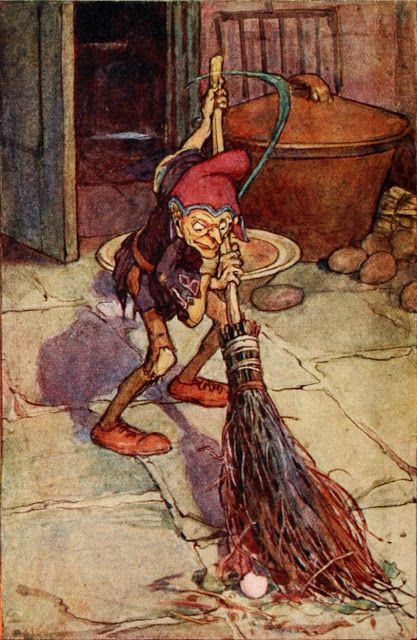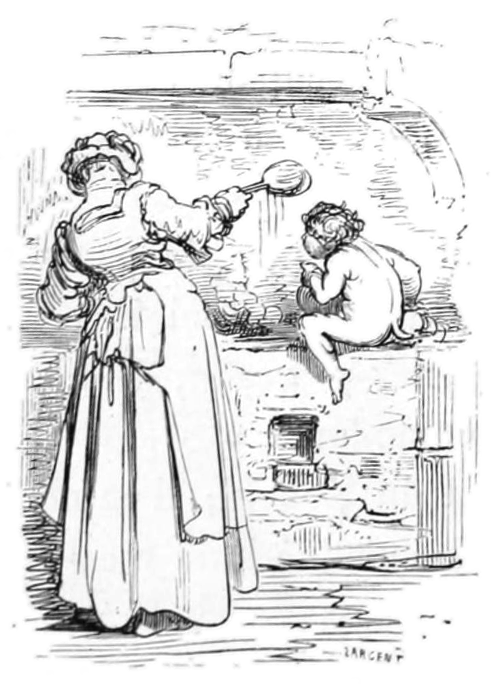
“A house is much more than a building. It is a microcosm, a living being with both a body and a soul. It speaks, even if its language is only creaking and cracking noises for the profane.” – Claude Lecouteux, The Tradition of Household Spirits
Household spirits are tutelary spirits who protect the home and its inhabitants.
Though not as powerful as deities, house spirits are thought to have an even greater influence over a person’s daily life due to their proximity.
They can help bring peace, happiness, wealth, and good fortune into the home, and were also traditionally thought to keep the home tidy and assist with chores and housework.
In some traditions, household spirits are believed to be the first person to have lived in and cared for the house who has died. In other traditions, they are land spirits who were “tamed” when the building was constructed.
Others believe house spirits can come and go, abandoning disrespectful homeowners and moving in when they are needed. According to lore, these spirits might attach themselves to some object so that an unsuspecting person might pick it up and bring them inside.

Household spirits are known by many names in various European folklore and spiritual traditions:
- Brownie (Scottish)
- Hob (English)
- Húsvættir (Scandinavian)
- Kobold (German)
- Domovoy (Slavic)
- Lar Familiaris (Roman)
- Trasgu (Spanish)
All are believed to be generally helpful and to assist with chores around the home, yet will turn mischievous if neglected.
Traditionally, household spirits were believed to dwell in the hearth — the place where a fire was kept burning for heating and cooking. The hearth is the symbolic heart of the home, and in past eras it was a natural gathering place where people cooked, ate, and kept warm.
In modern homes, the fireplace or stove functions as the hearth. While most people no longer rely on a fire for cooking and heating, the kitchen and the area around the fireplace are still natural gathering spots.
Household spirits were also sometimes said to dwell in liminal spaces such as the front door threshold, or in corners of the home.
So, how does one begin working with house spirits?
Building a domestic altar or shrine and offering a portion of meals or other items (especially sweets) is a traditional way to honor house spirits.
Given that house spirits typically dwell near the hearth, threshold, or in the corners of the home, any of these locations would be suitable for a domestic altar (even if it’s just a temporary altar)
Decorate your domestic altar with candles and small trinkets that symbolize good fortune, health, peace, happiness, and other positive qualities you want to invite into your home.
Once your altar is complete, introduce yourself to your house spirit and leave them an offering. They love all foods, but especially milk and sweets.

Importantly, you should avoid insulting or angering your household spirits. It is said that when a house spirit leaves, they take the prosperity of the house with them!
Acts that are believed to anger house spirits include mocking or criticizing them, attempting to name them, and slamming doors (remember, they dwell in thresholds).
It is also said you should sweep the threshold regularly so happiness and good fortune can enter, but never after dark! If you do sweep after dark, you might sweep away the souls of residents who once lived there (…and they’ll return to haunt you).
Additional Household Magic Lore
- If a fire is burning in the hearth, lightning will not strike the house.
- When sick, place your hands on the hearth and recite a prayer to help you heal faster.
- Draw or hang protective symbols above the front door to protect against harmful magic.
- Clear your table before leaving on a journey to ensure smooth travels.
- Touch the threshold with your right foot as you leave the home for good luck.
*All folklore and practices are sourced from The Tradition of Household Spirits by Claude Lecouteux.
















[…] instance, your house or apartment (like all places) also has a spirit — as well as many individual spirits that dwell […]